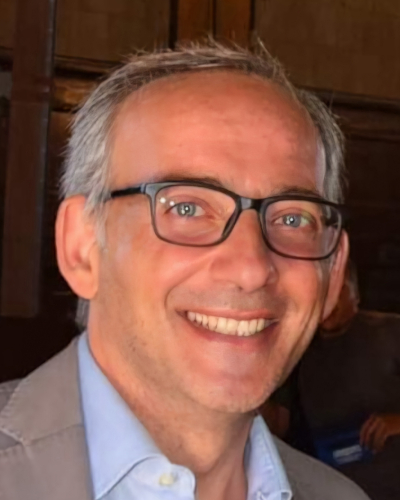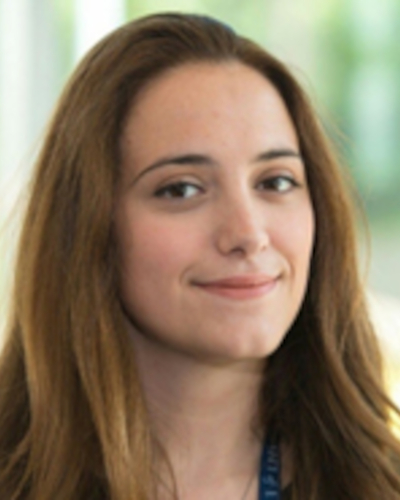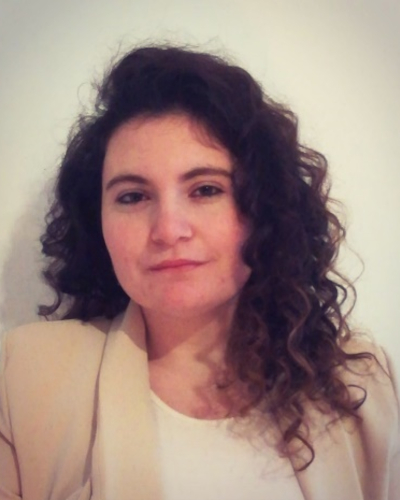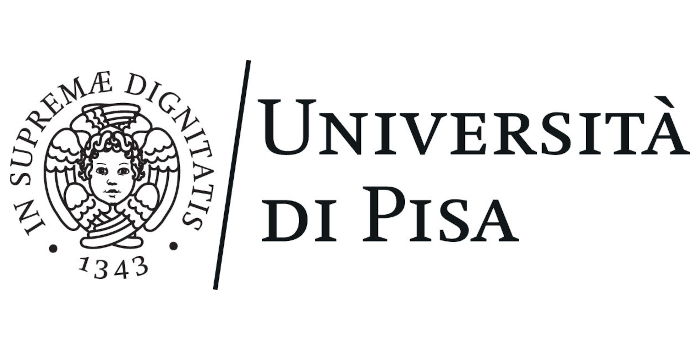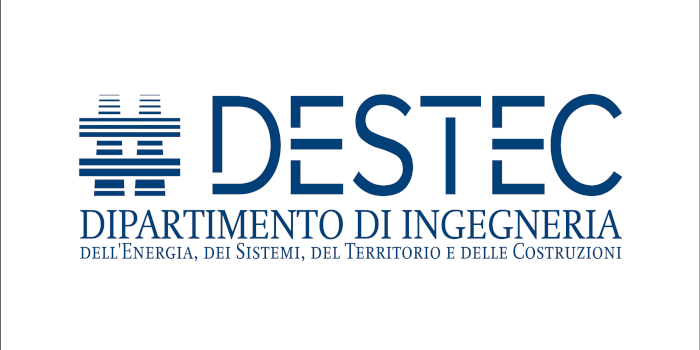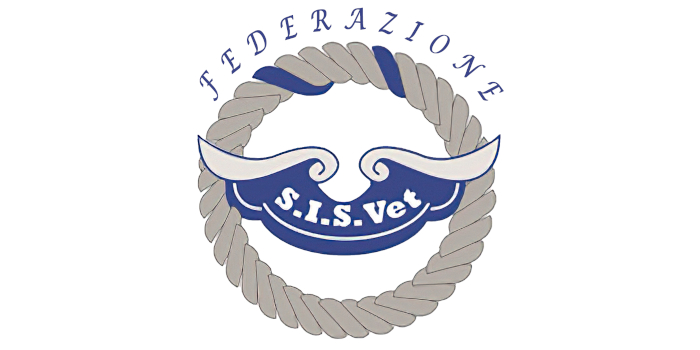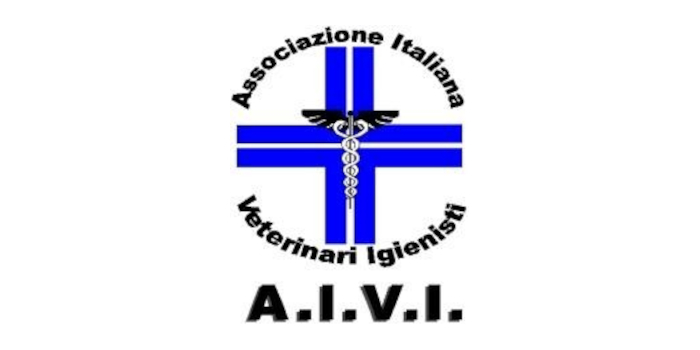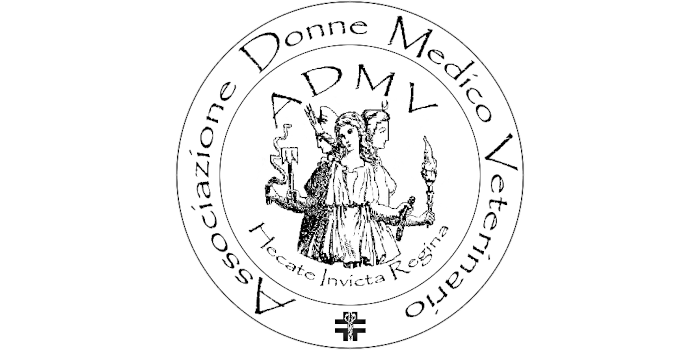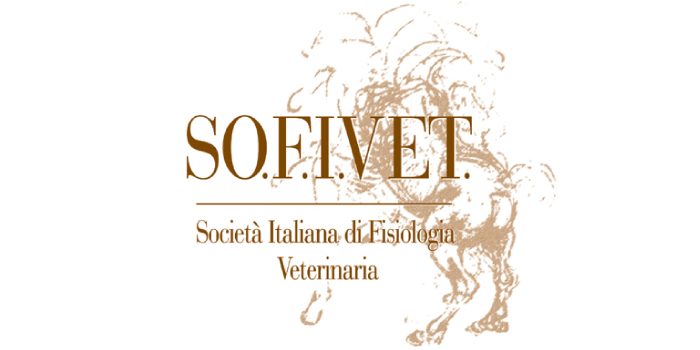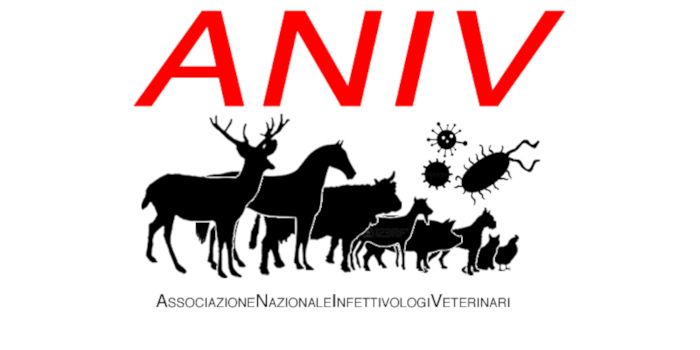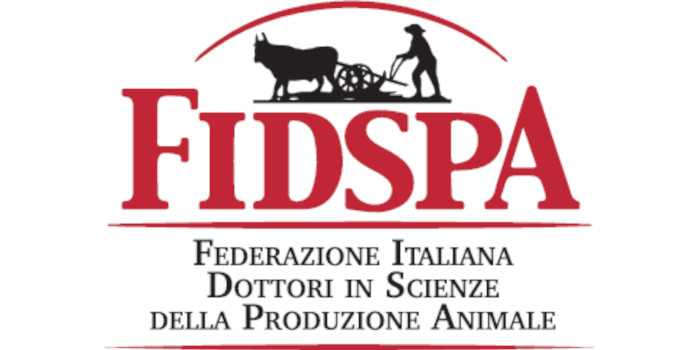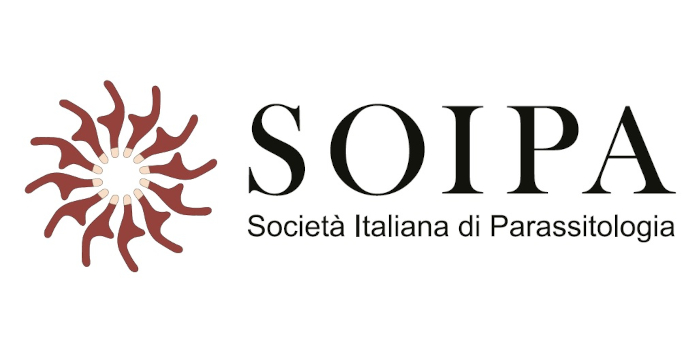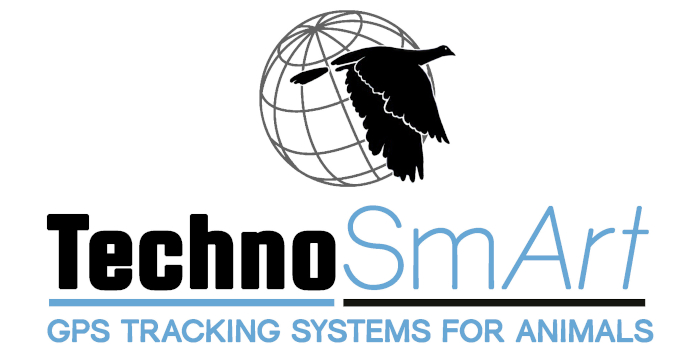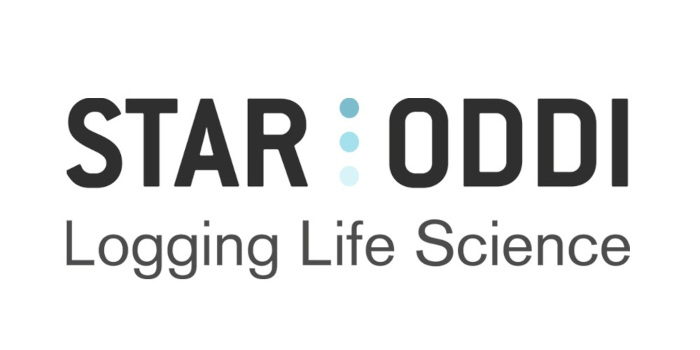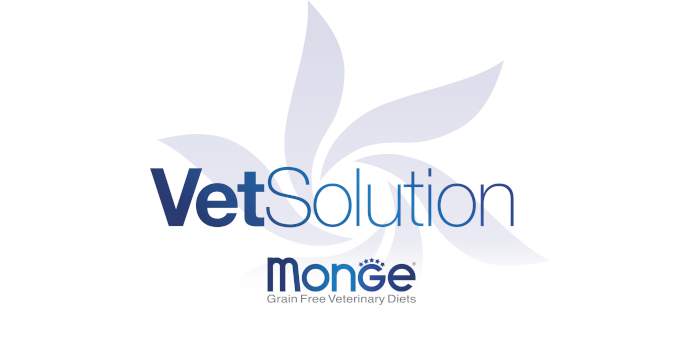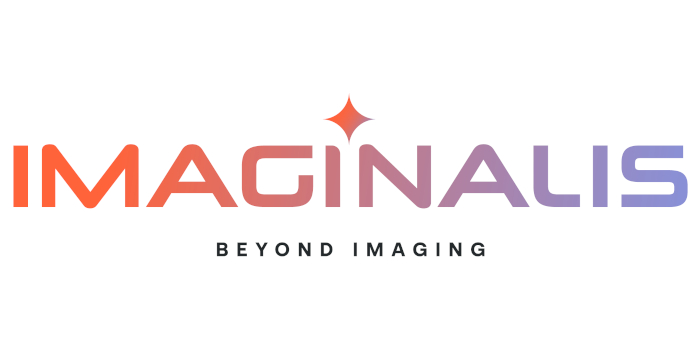SPECIAL SESSION #6
Machine Learning in Veterinary Science
ORGANIZED BY
Nicola Pasquino
Department of Electrical Engineering and Information Technology, University of Naples Federico II, Italy
Miel Hostens
Department of Animal Science, College of Agriculture and Life Sciences, Cornell University, USA
Angela Salzano
Department of Veterinary Medicine and Animal Production, University of Naples Federico II, Italy
Lucia Trapanese
Department of Veterinary Medicine and Animal Production, University of Naples Federico II, Italy
ABSTRACT
The intersection of machine learning and veterinary science is emerging as a critical area of research with vast potential to revolutionize animal health care, disease management, and livestock productivity. This special session aims to bring together a diverse group of researchers, practitioners, and industry experts to explore the latest innovations, applications, and developments in this rapidly growing interdisciplinary field. Topics of interest include, but are not limited to, predictive diagnostics, disease modeling, precision livestock farming, automated image and video analysis, and behavioral monitoring.
Machine learning algorithms can help in the early detection of diseases, allowing for timely intervention and reducing the impact on animal health and farm productivity. Automated image analysis, including medical imaging and real-time video monitoring, can assist veterinarians in diagnosing conditions faster and more accurately. Similarly, precision livestock farming leverages data-driven models to optimize feed, monitor animal welfare, and manage resources efficiently. By presenting innovative research and real-world case studies, this session will highlight how machine-learning techniques can address existing challenges in veterinary practices, improve animal welfare, and contribute to the sustainability and efficiency of veterinary services across different sectors.
Attendees will gain valuable insights into current challenges, technological advancements, and future directions of this dynamic field. This session aims to foster collaboration across disciplines, inspire new avenues of research, and encourage the development of practical solutions that will shape the future of veterinary science.
ABOUT THE ORGANIZERS
Nicola Pasquino received his M.Sc. degree (magna cum laude) in Electronics Engineering and his Ph.D. in Information Engineering from the University of Naples Federico II, in 1998 and 2002, respectively. He was a Fulbright Scholar at the University of Pennsylvania, Philadelphia, PA, USA, in 2000-01. He is a Professor of Electrical and Electronic Measurements at the Department of Electrical Engineering and Information Technologies, University of Naples Federico II, where he serves as the Chief Scientist of the Electromagnetic Compatibility Laboratory. His research interests focus on measuring human exposure to high-frequency electromagnetic fields. Recently, he has started working on applying machine learning to veterinary science. He is a Senior Member of the IEEE and Chair of TC106 “Human exposure to electromagnetic fields” of the Italian Electrotechnical Committee.
Miel Hostens has an MSc in Veterinary Medicine at the Ghent University (Belgium) in 2006 and a PhD in Veterinary Medicine in 2012. He also obtained a professional certificate in Epidemiology and Bioinformatics and to further deepen his data science expertise, he enrolled in a MSc in Computational Statistics in 2016. He has attracted multiple projects on data-driven agriculture and precision dairy farming overseas. The unique combination of data and dairy science in an academic profile was the main reason for attracting him as Associate Professor of Digital Dairy Management and Data Analytics at the Department of Animal Science at Cornell University. His lab focuses on developing a data-driven dairy science eventually contributing to sustainable food production systems from a global perspective.
Dr. Angela Salzano is a fixed-term researcher in Animal Husbandry at the Department of Veterinary Medicine and Animal Production of Federico II University. She has a PhD in Veterinary Science and is a specialist in Food Hygiene. During her abroad experiences in Germany (Giessen) and the UK (Edinburgh), she deepened her knowledge of molecular biology. As a researcher, her interests are: productive and reproductive management of large ruminants, food quality, functional biomolecules, and precision livestock farming. She teaches “Waste Management and Impact” for the students of Precision Livestock Farming Master’s Degree and “Buffalo Breeding Management” for the students of Science and Technology of Animal Production. Dr. Salzano is the project leader of several Regional, National, and European projects regarding Animal Breeding and Multifunctionality in Agriculture. She is also a member of the Association for Science and Animal Production.
Lucia Trapanese graduated in 2020 in Animal Science from the University of Naples Federico II with a thesis on Buffalo Farming Management. After graduation, in 2021, she won a Ph.D. scholarship in Artificial Intelligence focusing on agrifood and the environment. Her Ph.D. project aimed to integrate innovative technologies into dairy farming, with particular attention to buffaloes. In 2023, she was a guest at Utrecht University in the Farm Animal department, where she worked on predicting lactation curves using Deep Learning methods.


